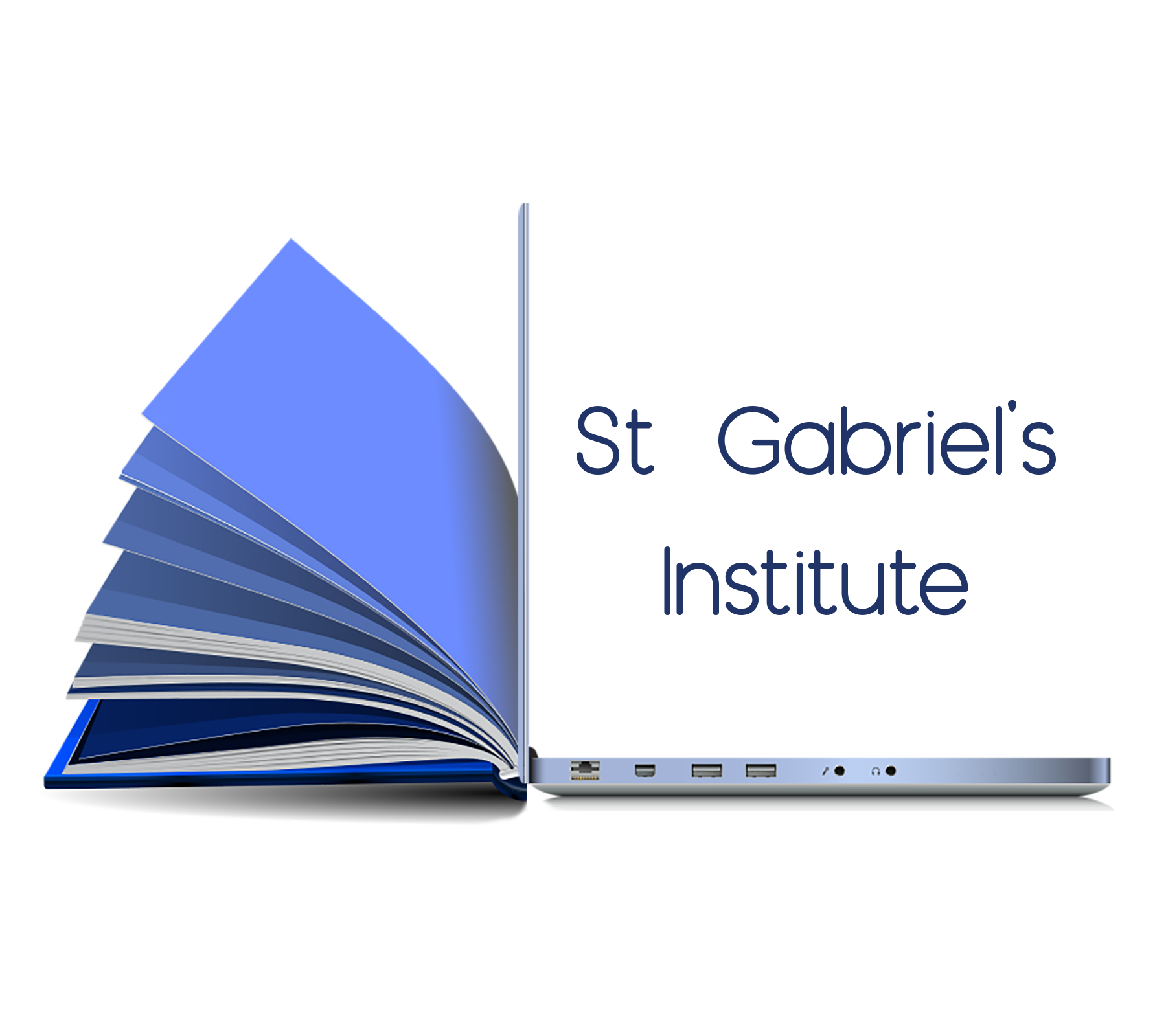Course Rationale
The short course is aimed to help individuals that are not in employment, education or training (NEETS) to become aware and to work on developing employability and work ethics skills, to develop basic skills in English, Maltese and Numeracy.
Entry Requirements
Applicants should be at least 16 years of age on application.
Course Objectives
Knowledge: By the end of this short course the learner will be able to:
- Demonstrate an understanding of the basics in the English Language for day to day use;
- Demonstrate an understanding of the basics in the Maltese Language for day to day use;
- Demonstrate and understanding of basic numeracy skills.
- Identify career planning tools, organisations and structures of the labour market, including career possibilities and ethics at work.
- Select and use relevant knowledge to carry out specific tasks on the job.
- Enhance own knowledge in the key competence areas for the purpose of employability.
Skills: By the end of this short course the learner will be able to:
- Communicate essential information as required by different tasks and/or situations;
- Ensure that tasks are carried out in the most effective and efficient manner;
- Demonstrate a range of essential skills required for employability and everyday life.
Competencies: By the end of this short course the learner will be able to:
- Apply basic work-related skills as required by different tasks within a workplace environment.
- Act in a proactive manner at the workplace showing awareness about the labour market.
- Demonstrate appropriate ethical standards at the place of work.
- Carry out activities under limited supervision and with limited responsibility.
Learning Outcomes
- Communicate basic information pertaining to employee skills demanded by employers.
- Interact appropriately at a basic level in English and Maltese through reading, writing, listening, and speaking.
- Communicate at basic level the results of simple numeracy skills concepts.
- Acquire a range of key competencies throughout the course;
- Apply the various key competencies that were learnt throughout the course.
- Become a self-directed learner after the end of course.
General Pedagogical Procedures
The training will be aligned with developments in the education system in Europe, which recognises the need for training to be more focused on results/output -in order to prepare learners for the challenges they face to enter the world of work. The training programme focus will be on what the learner will:
- Know
- Be able to do.
- Be able to do without supervision, independently and with responsibility.
This approach is designed to ensure that learners are not only exposed to the short course content, but also assimilate knowledge, practice the skills learnt through various class opportunities such as team work, role play as well as class discussions and exercises, and work towards implementing these skills with minimal supervision or independently and with responsibility. This focus on competences ensures that trainees develop the skills which they need to function as independently as possible in their personal, social, and work settings.
The training, with its focus on output requires that the trainers use a wide repertoire of training techniques, to meet the specific learning styles and capabilities of the trainees.
The teaching methods will include a combination of group work, presentations, and interactive sessions. Self-assessment questionnaires will also be used to monitor progress at appropriate times. Each lecture will be 2.5 hours long.
Assessment
Ongoing Assessment which means that the trainer will provide various opportunities to the learner to practice the following skills in class, using exercises and appropriate self-assessment questionnaires:
- Determining the types of skills necessary to learn a language (reading, writing, listening, and speaking) according to the situation, numeracy and employment skills and ethics.
- Collaborating and participating in group activities in the module presentation
Overall, the trainer will verify the skills learnt by observing the participant during class exercises and assign a mark through the following means:
- Class participation. Learners are expected to actively participate in class exercises and discussions.
- Reference to lectures. This refers to the learner’s ability to integrate the factual knowledge learnt in class with topics being discussed.
- Self-assessment questionnaires and written class exercises appropriate to the level being expected.
Grading criteria are specified according to module being taught. Each assessment component will carry 20 marks, and this will be divided as follows:
- Understanding of concepts (5 marks)
- Application to practice (5 marks)
- Proactive participation (5 marks)
- Effective self-expression (5 marks)
Accreditation
The Course will consist of 4 modules of 1 ECTS each. Once the 4 modules are completed the student will be awarded 4 ECTS at MQF Level 2. Each module consists of 25 learning hours. The modules are as follows:
- Work Ethics and Employability Skills
- Applied Basic English
- Applied Basic Maltese
- Applied Basic Numeracy
| subject | English, Maltese, Numeracy, Work Ethics |
|---|




